At top party schools like Lehigh University and the University of Delaware, students engage in binge drinking and can experience significant consequences.
TheNational Institute on Alcohol Abuse and Alcoholismreports that about 57% of college students aged 18 to 22 currently consume alcohol, with 38% of them admitting to binge drinking, defined as five drinks or more in one sitting for men and four or more for women.Teen drinkingcan be problematic for college students who are under the legal drinking age of 21 and at thetop 10 party schools,the consequences ofunderage alcohol consumptioncan be severe.
The following schools have become notorious for substance abuse among college students. Here is our top 10 list of the least sober colleges in the U.S.
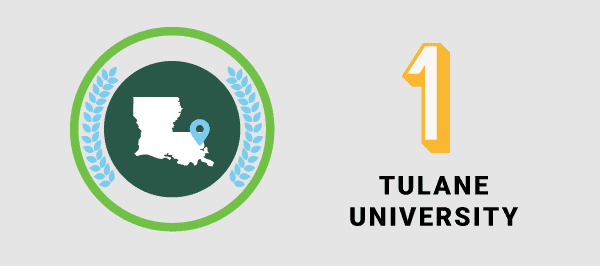
Tulane University
Located in New Orleans, Tulane University enrolls approximately 14,000 students and it is known forbinge drinkingandcollege sexual assault.In fact,The Princeton Reviewranks Tulane as the number 3 party school in the nation.
Binge drinking in collegeis believed to contribute significantly to the sexual assault rates at Tulane.New reportsindicate that 41% of female students and 18% of males attending Tulane as undergraduates have been victims of sexual assault. The majority of those victims reported being under the influence of alcohol at the time of the assault.
New Year, New Beginnings.
Whether you are struggling with addiction, mental health or both, our expert team is here to guide you every step of the way. Don’t wait— reach out today to take the first step toward taking control of your life.
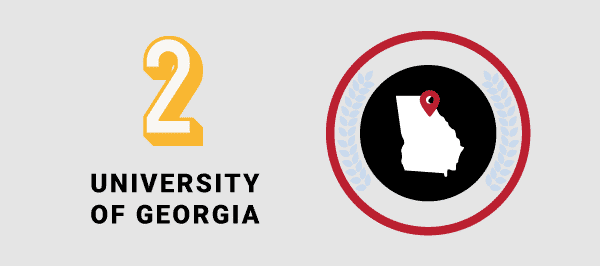
University of Georgia
The University of Georgia, located in Athens, has a total enrollment of 37,606 students and is known forunderage drinking.One recent surveythat analyzed college nightlife, athletics and access to bars and parties determined that this university was the number two party school in the country.
Athens has long been recognized as a high-ranking college football town.Students may engage in binge drinking at aUniversity of Georgia tailgate party,as the survey also showed that athletics are an integral part of university life. Whileunderage drinkingmay occur at tailgates prior to football games, students may also celebrate athletic victories at one of Athens’ nearly 100 local bars.
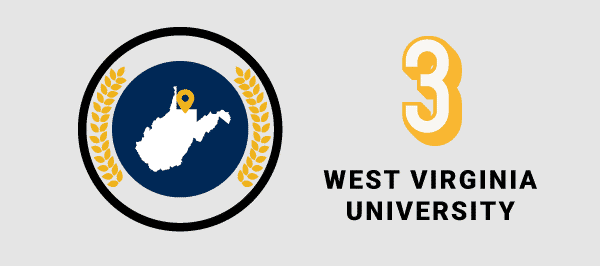
West Virginia University
West Virginia University, located in Morgantown, is home to 21,155 students and itranksas the second top party school in the United States, according to The Princeton Review. There is aWest Virginia University alcohol policyin place to protect students thatprohibitsalcohol in the university residence halls, even among students who are of legal drinking age. The policy also states that students can be removed from residence halls for substance-related violations, such as underage alcohol consumption or public intoxication, even if drugs and alcohol are not consumed in residence halls. Students can also be referred for treatment if necessary.
Students may also be impacted by theWest Virginia opioid epidemic.According to theNational Institute on Drug Abuse, the number of opioid overdose deaths in West Virginia rose from 122 in 2014 to 618 in 2017, mostly a result of overdoses that involved fentanyl. Due to the availability of these drugs, students at aWest Virginia University partymay have the opportunity to experiment withopioidsand the outcome can be devastating.
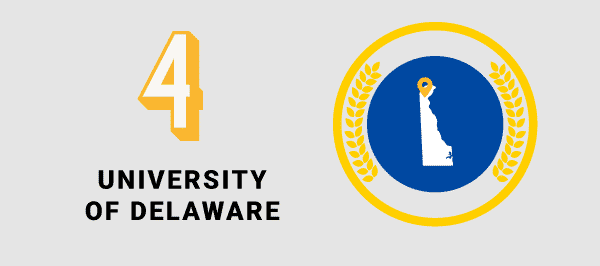
University of Delaware
TheUniversity of Delaware party sceneis well-known, withThe Princeton Reviewranking this university as the top party school in the country. The underagedrinking problem at the University of Delawareis so extreme that there was a recentalcohol-related deathand subsequent lawsuit.
According tonews reports, the parents of a 19-year-old student filed a lawsuit after the student was struck by a vehicle and killed after he attended a party off-campus. The judge ultimately ruled in favor of the university but it was found that the student’s blood-alcohol level was three times the legal limit at the time of his death.
A recent ordinance passed in the city of Newark, where the University of Delaware is located, which attempts to address theparty anddrinking problems at the university. The lawreportedlyenables law enforcement to issue civil citations to anyone who hosts an unruly party with four or more people when the party threatens safety or health in some way.
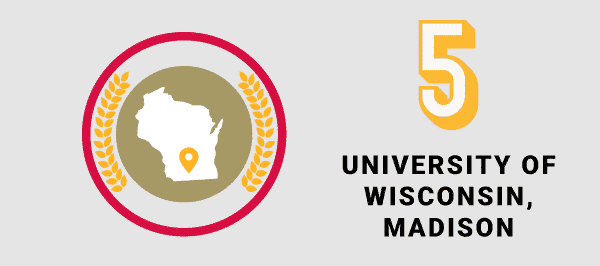
University of Wisconsin, Madison
With 34,648 students enrolled, the University of Wisconsin, Madison, is listed at number eight on Princeton Review’s list of topparty schools.Underage binge drinkingis common at this school, and the city itself tops the list of U.S. cities with the most binge drinking.Madison Police recordsshow their most cited offense was forunderage drinking, with 705 citations issued in 2017.
In addition,news reportsstate that parties at the university are common. According to University Health Services, theircollege freshman drinking statisticsshow approximately75% of freshman at the universityconsume alcohol, which exceeds the national average. Police indicate that alcohol-related crime in Madison typically happens near the university campus and of the traffic deaths in Madison, 39% are attributable to alcohol.
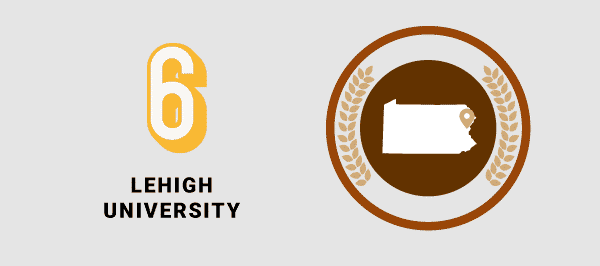
Lehigh University
Bethlehem, Pennsylvania’s Lehigh University, home to 5,047 students, isrankedthe number six party school in the nation. In addition to parties,Greek lifeatLehigh Universityis also associated withcollege hazingwhich often includes irresponsible consumption of alcohol. The university’sstudent newspaperreported that all 13 of the university’sGreek organizationswere given hazing charges in February 2019.
A typicalLehigh University partymay involve activities that violate the university’s code of conduct for students. In addition to hazing, violations from the February 2019 incident included distributing alcohol irresponsibly, encouraging others to use alcohol, and illegally consuming/possessing alcohol. Irresponsible alcohol distribution includes consuming alcohol via kegs or during drinking games.
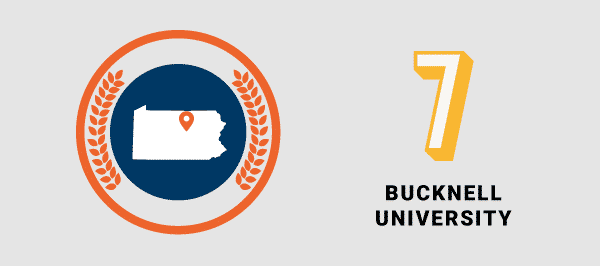
Bucknell University
Student binge drinkingis also common at Bucknell University, which is located in Lewisburg, Pennsylvania and enrolls 3,597 students. The school is number five on the Princeton Reviewlistof top party schools in the country.
At Bucknell,alcohol abusecan be life-threatening. Anews reporturging campus officials to address the binge drinking issue on campus indicated that 42 students received hospital treatment for alcohol-related issues in a single semester. Two of them suffered from cardiac arrest. The report also states that there has been a 300% increase in sexual assaults on campus, with alcohol likely playing a role.
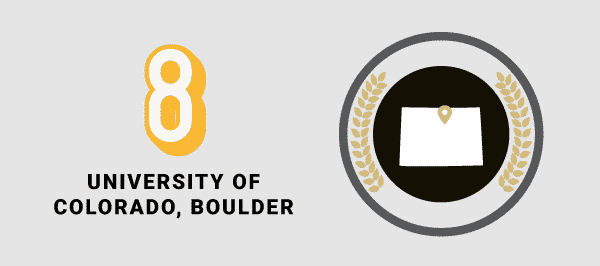
University of Colorado, Boulder
The University of Colorado, Boulder, does not make the list of top party schools in the U.S., but it is known fordrug abuse. In fact, in the fall of 2018, there were 5reportedincidents of students being drugged while attending parties. There is a neighborhood on campus referred to as “The Hill,” and the area is known for hosting regular weekend parties.
With Colorado law legalizing recreationalmarijuana usefor those who are at least 21 years of age, the campus has experienced issues surrounding this drug.Marijuana use in teensis still prohibited and students are not allowed to use or possess marijuana on campus. University officials aretaking stepsto reduce drug and alcohol abuse on campus by referring students to the Office of Student Conduct, and in some cases, to thelocal court for violationsrelated to drugs and alcohol.
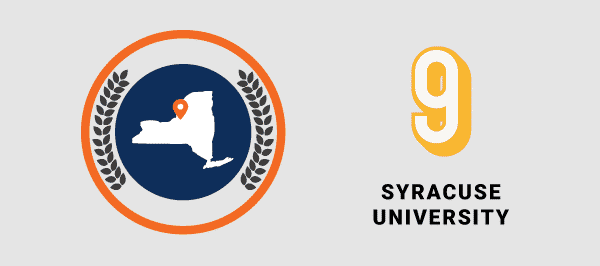
Syracuse University
Ranked at number four on the top party schools on Princeton Review’slist,Syracuse University enrolls approximately 15,000 students. Theuniversity party sceneis well-known. There have been publishedreportsof students using acollege fake IDto obtain alcohol, and some local liquor stores are also known for failing to ask for identification when students purchase alcohol.
Student leaders at Syracuse have expressed concern that it is not unusual for students to be sent to the hospital for alcohol-related incidents such as extreme intoxication. Like some other schools on the list,Syracuse University’salcohol policyto address some of these concerns and give the university a framework for preventing alcohol-related issues and potentially intervening in alcohol-related issues. Despite these efforts and a history of serious consequences stemming from alcohol abuse, some students continue to drink excessively.
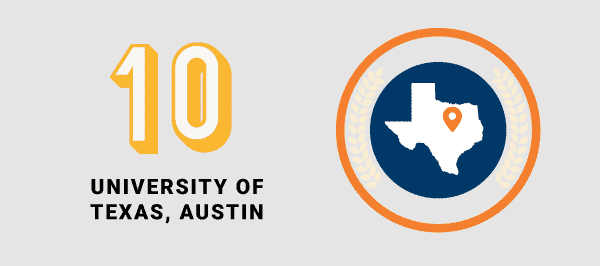
University of Texas, Austin
The University of Texas, Austin, is not currently on the list of top party schools in the nation, but it has been in thepast. In 2014, The Princeton Review ranked it the number 15 party school in the country.
Greek Life at the University of Texas, Austincould contribute to its reputation as a party school. Austin is also known formusic festivals, bars and low beer prices, which all contribute to college drinking.
Alcohol Abuse in College
While partying and underage drinking may be common at the top 10 least sober colleges,alcohol abuse in college studentsis not healthy. Some students may develop alcohol use disorders or experience significant consequences as a result of alcohol abuse.
Signs of alcohol abusecan include developing a tolerance for alcohol, needing more and more alcohol to experience the same effects, and spending a significant amount of time obtaining or using alcohol.
Students who are dependent upon alcohol may experience withdrawal when not using. They may also engage in dangerous behaviors, such as driving under the influence or having unprotected sex while drinking. College students who develop alcohol use disorders may fail to show up for class and earn poor grades as a result of drinking and recovering from its effects.
If you or a college student in your life is abusing alcohol, treatment may be necessary. The Recovery Village has locations around the country and can provide specializedteen alcohol rehabto college students who are struggling with alcohol abuse. Contact anadmissionsprofessional today to discuss treatment options designed specifically forteen alcohol or other substance abuse.




